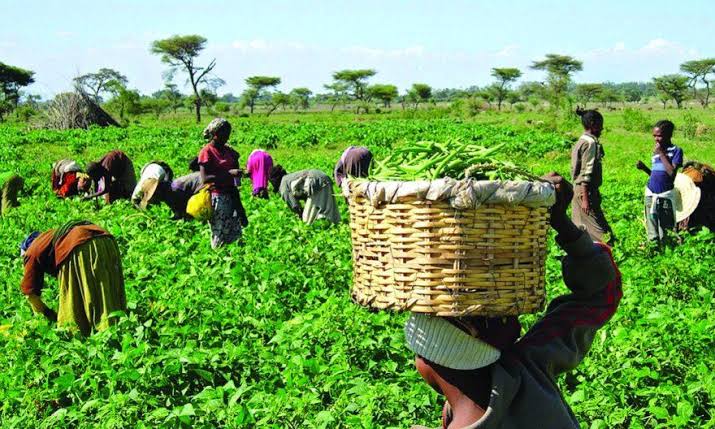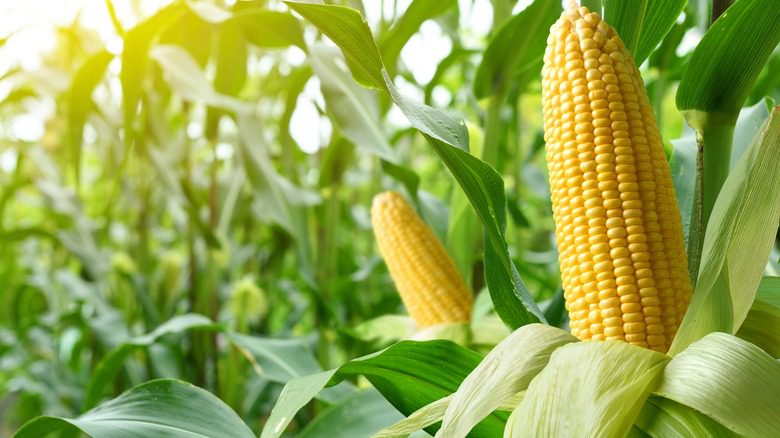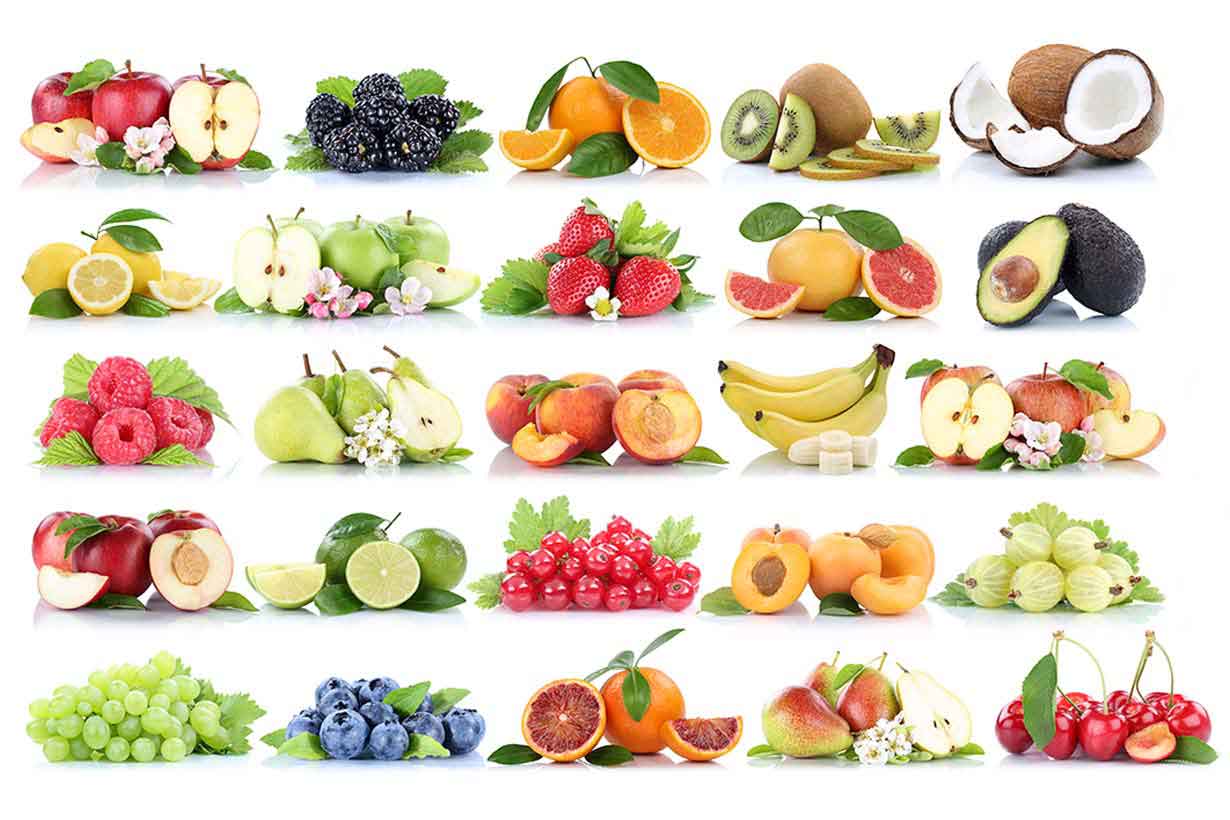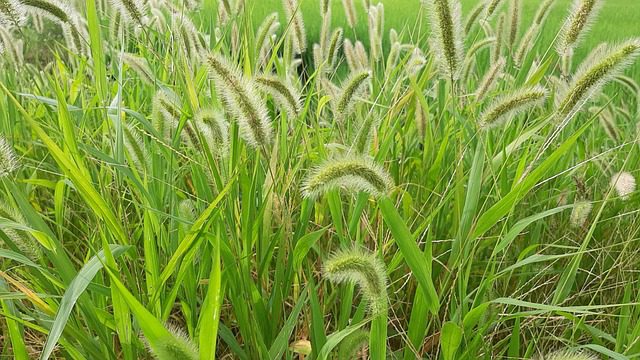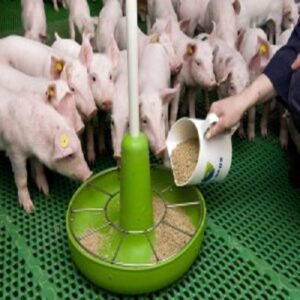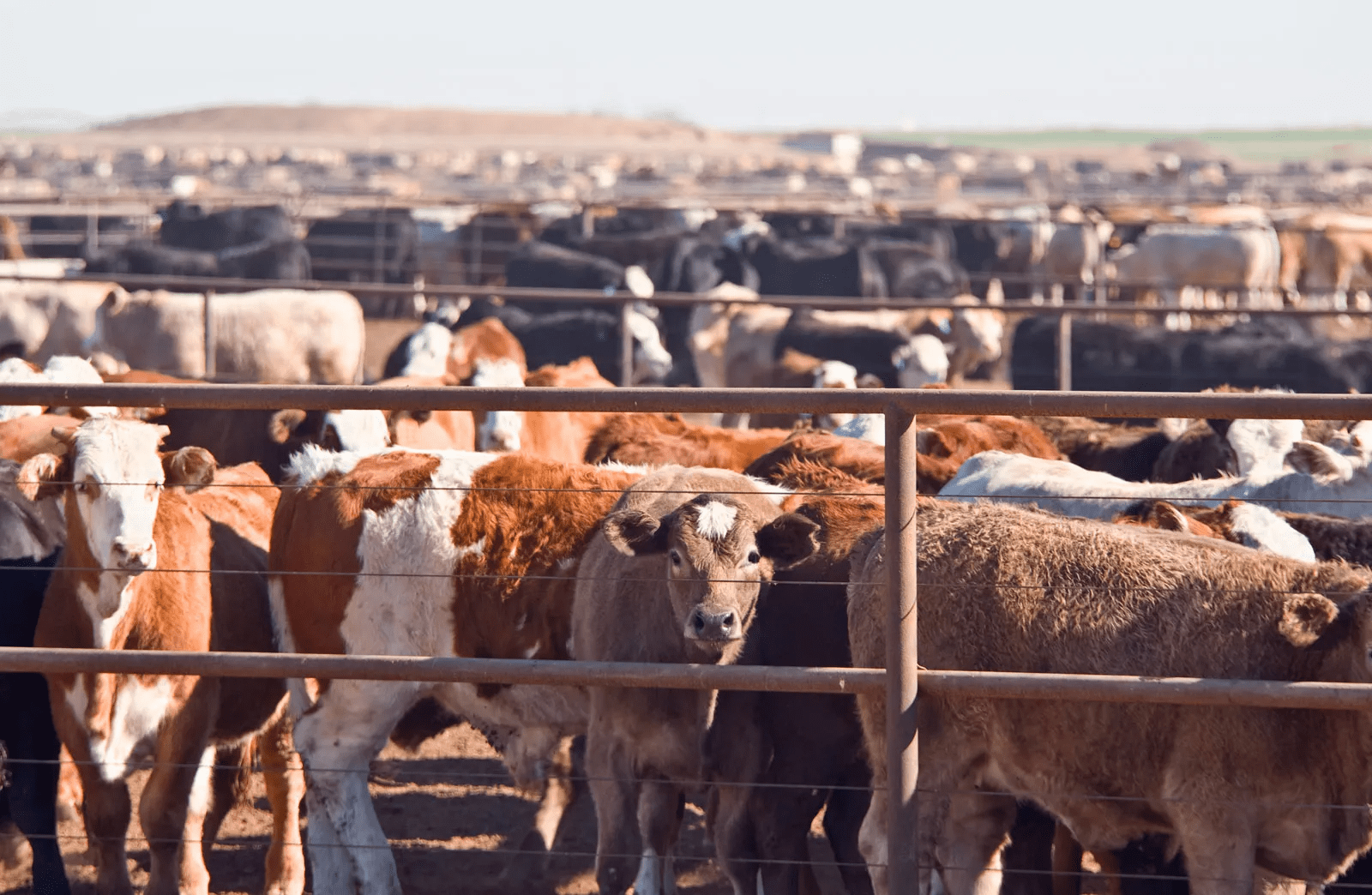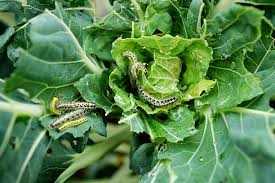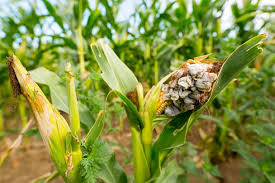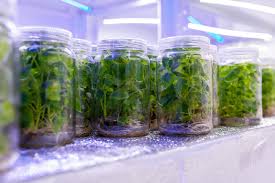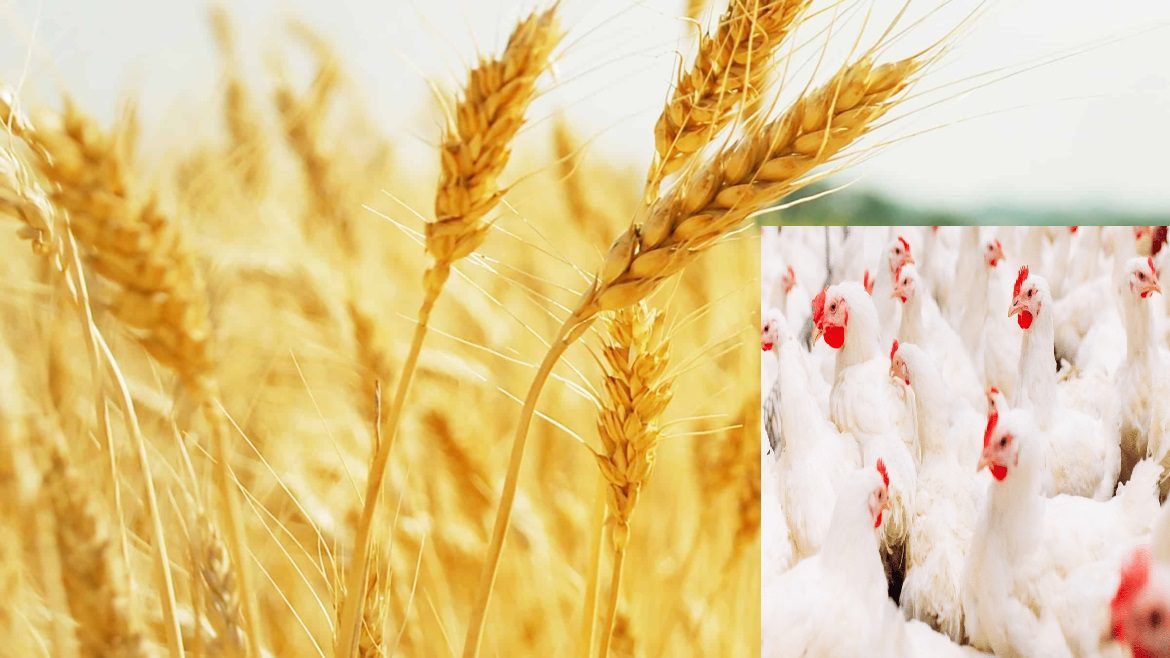
Agric4Profits.com – Your Comprehensive Practical Agricultural Knowledge and Farmer’s Guide Website…
It’s All About Agriculture – The Way Forward!
Browse Our Categories
Free Consultancy for African Women (Let’s Feed Africa!)
Free Agricultural Consultation Form
Testimonials
Latest Posts
Ideal Spacing Required in Planting Pineapples
Pineapple plants (Ananas comosus) are usually set out in twin/double or triple rows. A spacing of 1m from center to center of beds / ridges, rows 60cm apart within beds/ridges… Read More
How to Control Pests and Diseases in a Pineapple Farm
Pineapple (Ananas comosus) is an herbaceous biennial or perennial plant in the family Bromeliaceae grown for its edible fruit. The pineapple plant has a short stout stem and a rosette… Read More

Best Agricultural Tillage Practices
Tillage is defined as changing the soil condition with a tool for the benefit of man. After the land has been cleared and plant debris removed, it is often necessary… Read More

Introduction to Insect Pests Damage In Crops
As well as losses to crops caused by diseases, animals such as insects and nematodes are significant biotic factors. There are two basic types of feeding behaviour by insect pests.… Read More

Production of Pest-Resistant Varieties in Crop Protection
There are currently three approaches to controlling plant viruses. Pesticides are used to control the invertebrate vector. This can be environmentally damaging (see the white insecticide deposits on the rice),… Read More

Constraints on Crop Production in Agriculture
Transgenic crops are satisfying needs which crop varieties produced by conventional breeding methods cannot. Some people already affirm that genetic engineering appears as an indispensable tool for crop management and… Read More

Fungal Pathogens and Crop Damage
There is a wide range of fungal diseases that can affect all parts of plants. Some fungi cause leaf damage, either leading to a quick death of the infected leaf… Read More

Introduction to Nematodes in Agriculture
Nematodes are small worm-like organisms (eel-worms), some species of which feed on plants. While some nematode species feed on the aerial parts of plants, most are underground attacking the roots;… Read More
Methods of Weed Control on a Pineapple Farm
It is important to control weeds in pineapple farm (Ananas comosus) during the first four months after planting so as to avoid slow growth of pineapple plants which could arise… Read More

The Process of Micropropagation in Plant Propagation Techniques
Micropropagation is the practice of rapidly multiplying stock plant material to produce a large number of progeny plants, using modern plant tissue culture methods. Micropropagation is used to multiply novel… Read More

Importance of Proper Warehouse and Equipment Management in Agriculture
Storerooms, warehouses, and distribution vehicles should be constructed to prevent access by rodents, insects, and birds, and carefully inspected regularly to ensure that preventative measures are effective. There must be… Read More

Tools of Biotechnology in Agricultural Genetic Transformation: Key Terms Explained
There are four main steps in making a transgenic organism, the process being termed Transformation. There are several sources (donors) of this basic unit for genetic manipulation. A gene can… Read More

